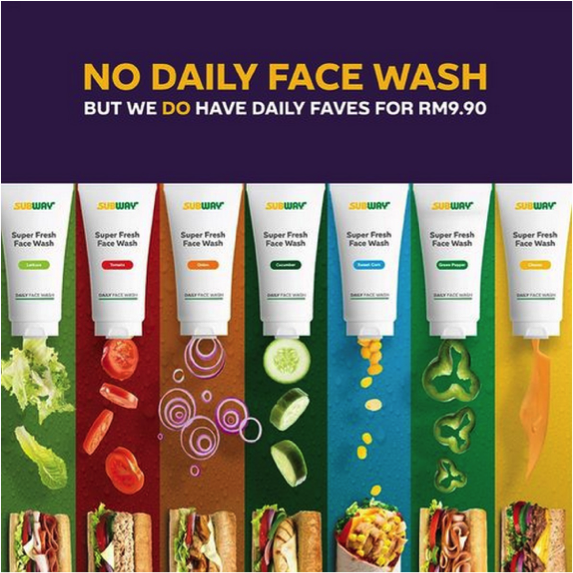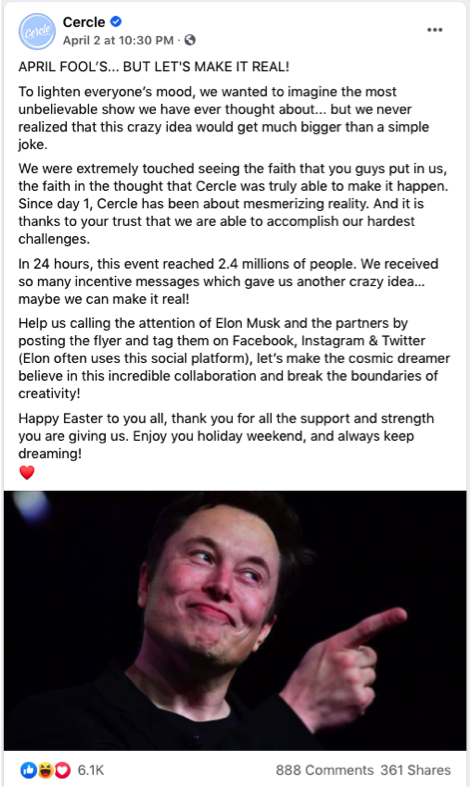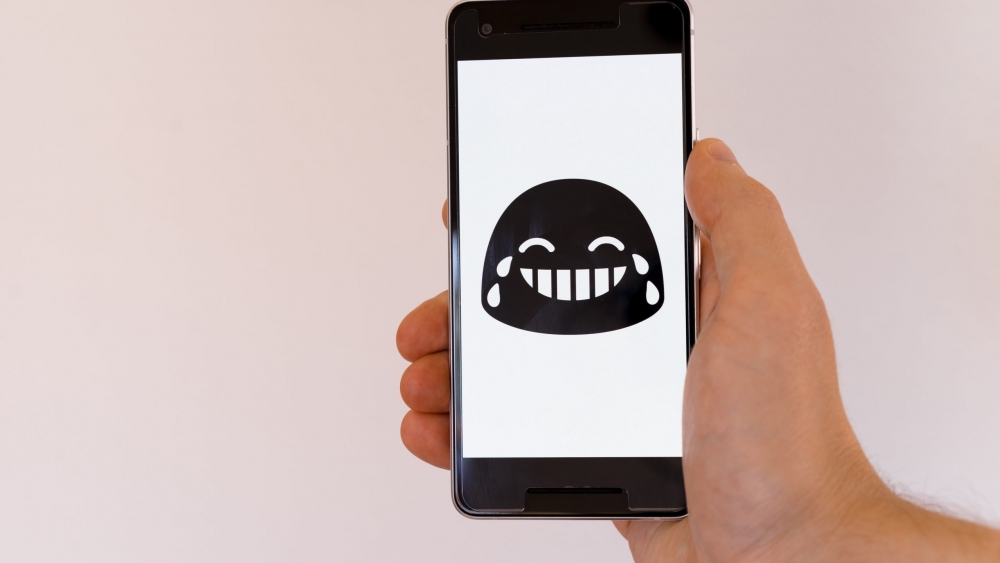Do April Fools’ pranks really work for brands?
April Fools’ – the comic equivalent of The Purge – has come a long way in the world of marketing to become a legitimate opportunity for brands to gain voice and visibility. But not all jokes are made equal and while some brands have managed to successfully leverage this day to generate buzz and even cash in on tangible results (think Tesla’s Teslaquila), others ended up in the more ‘tragi-comic’ area with questionable consequences.
We’re big proponents of news jacking opportunities, and have seen significant success with helping our own clients contribute meaningfully to topical public discourse. But we’re also firm believers in results and the truth is, like most bandwagons, April Fools’ marketing is not necessarily something that gives back to brands as much as they put in.
To illustrate our point, here are some examples of April Fools’ day pranks by brands in 2021 that reaped good, bad, ugly and even nondescript outcomes in the aftermath of this ‘harmless’ red letter day.
The Good: April fools ‘comes early’ for Durex in Singapore
Durex has consistently nailed the audience engagement game, from mastering the double entendre to sex-ed for the masses and subtly campaigning for women’s rights. This year, Durex’s April Fools’ campaign for Singapore was deceptively simple – but layered in delightful, buzz-worthy ways that generated significant results.
On March 25, Durex’s Facebook Post announcing a preview of three new flavoured condoms– Mao Shan Wang, Singapore Chendol and Botak Coconut Sherbet – was an instant hit among users, generating over 2.9K shares and 1.9K comments to date. The brand later revealed that while the condoms were a hoax, the flavours were real and part of their collaboration with local ice-cream brand Udders, with the latter giving away free ice creams for those who followed both Durex’s and Udders’ Instagram pages.

While this isn’t the first time Durex has toyed with ‘unconventional’ product flavours as an April Fools’ joke, this year’s collaboration saw audiences ‘rewarded’ for their engagement. Plus, cheekily launching the campaign early added to the discussion and buzz, resulting in netizens joking about how Durex’s April Fools’ campaign ‘came too early’ this year. Talk about staying on brand – nobody ‘does it’ quite like Durex!
The Bad: Volkswagen’s electric renaming was no gas
What started out as a lukewarm joke turned into a hot mess for German Automotive giant Volkswagen this year when a ‘prank’ press release timed for April Fools’ was accidently leaked early and later deleted. The release contained a public declaration of the, “company’s future-forward investment in e-mobility” by changing its name in the US to ‘Voltswagen’ – the reference here being to volts (as in electricity) – while its gas vehicles would still be known by the company’s original name. After enough confusion, the company’s share price dropped and Volkswagen was left offering apologies and explanations that showed its leaders in an unimpressive light.

While there’s a chance this was an intentional mistake that created expected furor, the results of this campaign could be more bad press than Volkswagen bargained for. Not only did the joke lack oomph and relatability to really capture audience interest (particularly when pitted competition like Tesla, whose ‘Technoking’ has joked about everything from Tesla going bankrupt to ‘Teslaquila’), but it also seemed to have grossly misjudged the members of its audience. Many investors and shareholders found the move to be disingenuous and deliberately misleading.
This campaign may have been well intentioned, but its overall results are likely to serve more as a cautionary tale to other brands.
The Ugly: Deliveroo’s billing joke that almost caused a stroke in France
Delivery has been the name of the game ever since the pandemic hit, meaning that London-based food delivery service Deliveroo didn’t have to do much when it came to marketing. But the brand decided to take the plunge regardless by sending thousands of ‘joke’ emails informing their customers that they owed €450 for pizzas they never ordered. Unsurprisingly, customers were either livid at the obvious error or scared that their accounts had been hacked, flocking to social media for answers and inundating Deliveroos customer hotline with panicked calls. One even said he ‘almost had a stroke’ when he saw the bill.

Needless to say, the joke was in bad taste – and even more so in the middle of a pandemic. At least Volkswagen’s campaign still generated press on its electric vehicles – but Deliveroo’s seems to have generated no useful press at all – and backfired when it could have been so easily avoided. Apart from the obvious loss of reputation, there’s no measuring the time and resources that went into the sending of thousands of emails, and customer service calls. Was it worth the laughs? It’s au revoir from us.
The Nondescript: Subway’s ‘Fresh’ Facewash Cookies
While Subway has been putting out creative efforts for April Fools for years now, its 2021 campaign for Malaysia had us scratching our heads. Led by the tagline, “We know you like eating fresh, but how about feeling fresh?”, Subway announced the ‘launch’ of 7 super fresh daily face washes, with accompanying visuals of drably packaged face wash bottles against an unappetizing green background fleck with corn kernels and lettuce leaves. While the end goal of the campaign was to highlight the brands ‘7 daily fav’ sandwiches, netizen responses were lukewarm at best. We hope the visuals were produced in-house because ROI may not be high on this one.

Apart from not garnering any meaningful results, perfunctory campaigns like this also run the risk of creative and audience fatigue – the former painting Subway as a brand that’s running out of steam, and the latter implying that audiences now expect Subway to put out something every year – good or bad – which can reduce excitement or anticipation moving forward. Our advice? If you’re not going to knock it out of the park, better to save your energy for a winning swing that counts later on. Some results are worth waiting for.
The Easy: Cercle puts Daft Punk into Space
Not every April Fools campaign has to be elaborated to generate wins. Take the example of Cercle, a livestream media dedicated to promoting artists and venues that is known best for organising unique music events in breathtaking locations. On April 1st, Cercle posted an event on Facebook that claimed the legendary electronic Duo, Daft Punk, would be reunited for a once-in-a-lifetime gig on the International Space Station (ISS). The invite gathered an incredible response, with over 153k people responding to the invite that reached a total of over 2.4 million people.

The ploy worked because of many reasons – first, it was topical, playing on the ripples caused by the news of Daft Punk splitting up earlier this year. Secondly, it understood its audiences – claiming to have worked with Elon Musk, Nasa and the ISS for this event, Cercle played on the interests of its target audience to create buzz and leverage pop culture trends. Finally, Cercle also stayed true to its brand and what it does – hosting iconic events at epic locations, building faith in audiences and opening imaginations to what the future could hold for the brand. The idea was relatively simple and inexpensive, but the results were astronomical. As far as newsjacking goes, clever and on-brand campaigns like Cercle’s have our vote of confidence.
Want to chime in on newsjacking opportunities that actually bring your brand results? Say hello at [email protected]

